What Makes You Fat and Hungry All The Time6 min read
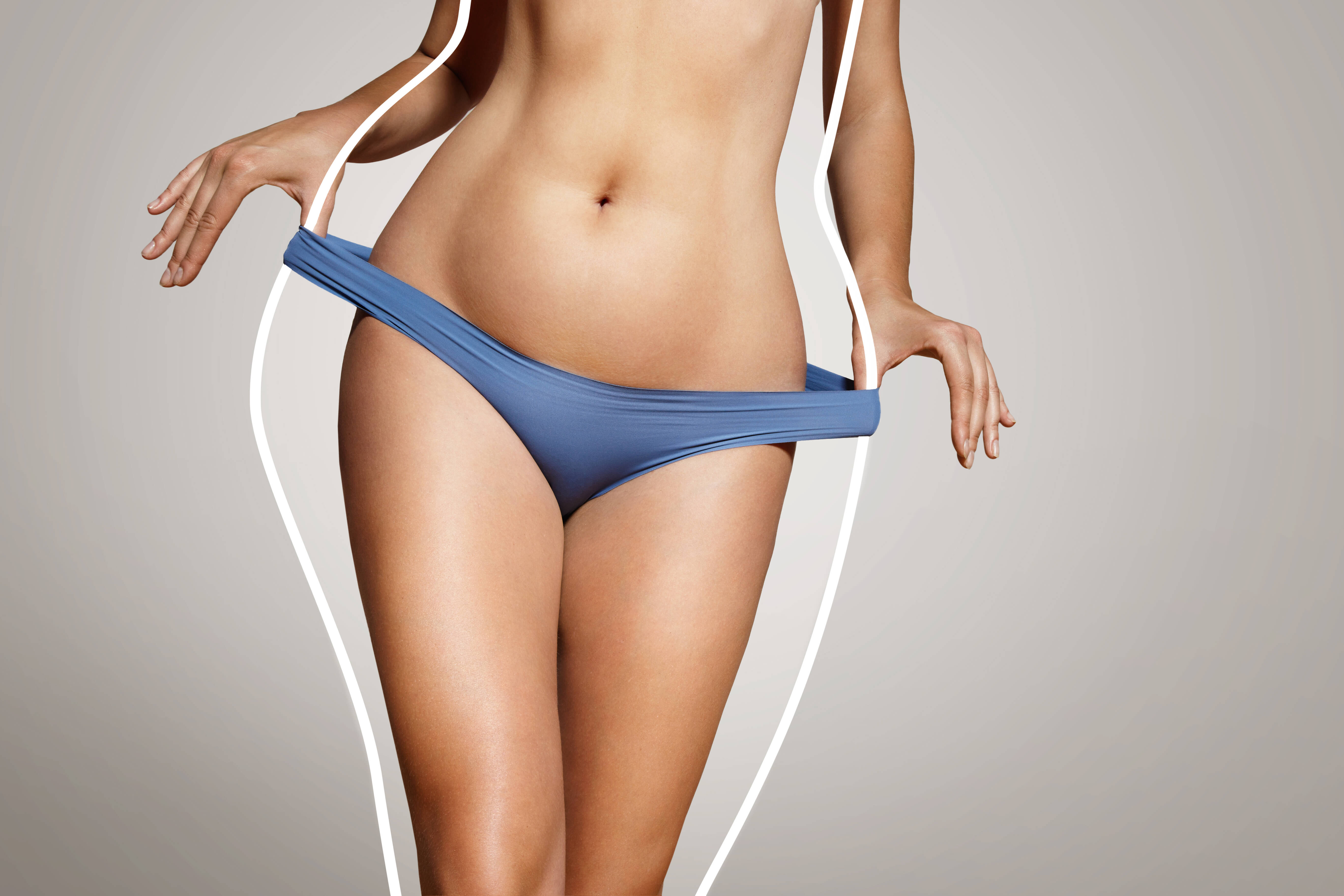

Phillip Chang, MD
Board Certified By The American Board of Plastic Surgeons.
Voted Top Plastic Surgeon in Loudoun, Virginia
Offices in Leesburg, Virginia.

In recent years we have heard over and over that it’s all about calories in and calories out if you want to lose weight. However, since the ’70s, it seems that the obesity epidemic here in the United States has been on the rise. We’re going to take a look at the biology behind how our bodies use food for energy to see how to properly feed your body and not store the excess as fat.
What Causes the Body to Build Up Fat?
In order to bulk up cows before they are butchered, farmers feed them a diet high in corn and grain instead of grass. To create Foie Gras, ducks are force-fed large amounts of corn. Japanese Sumo wrestlers eat diets high in carbohydrates during training camp to fatten up before competition. We can see how diets rich in carbohydrates help you quickly accumulate fat stores.
History of Weight Loss Recommendations
The low carb recommendation for losing weight has been around for over 200 years. In the 1700s, a doctor was able to successfully treat a diabetic patient with a low carb diet.
In the 1800s, several different books were popular for their recommendation to avoid carbohydrates and eat meat in order to cure obesity. In the ’70s, we see a rise in obesity which correlates to the USDA’s release of the food pyramid. Their guidelines recommend a diet high in “heart-healthy” carbohydrates such as bread and pasta and low in fats.
Carbohydrates Lead to Fat Accumulation
We have seen how you can create fat stores pretty quickly by eating a diet high in carbs. It’s also interesting to note that diabetic patients have a build-up of fat at the site they inject insulin. This fat pocket is called “lipohypertrophy”. We have learned what causes your body to accumulate fat but let’s take a look at the biology behind it.
What Causes You to Gain Weight?
The short answer to this question is hormones. Hormones are responsible for storing fat and gaining weight. In order to understand how this works, we need to take a look at how insulin works since insulin is the hormone responsible for this process.
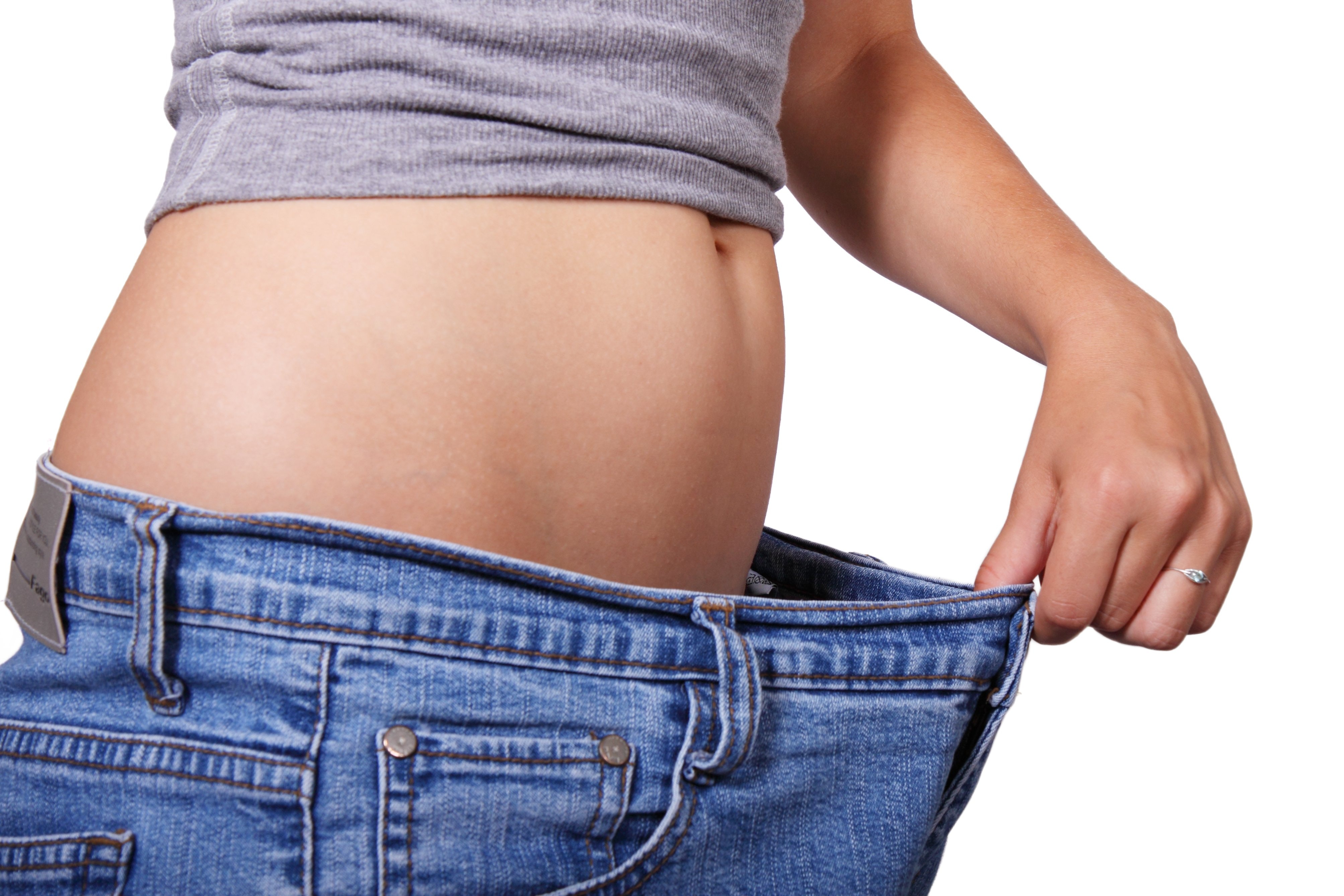
How Does Insulin Work in the Body?
When your blood sugar rises your body releases insulin into the bloodstream so that it can carry the glucose into the cells that have insulin receptor sites. The cells then break down this glucose into the basic forms of energy that your body uses. However, this process can only happen at a certain rate so your body will store excess glucose in your liver and muscle.
When those stores are filled up, your body decreases the insulin receptors so that you don’t get more glycogen stored in those areas than your body can handle. Now, what happens when those are full? Your body breaks down glucose and stores it in the only place where insulin receptors are actually still increasing-your fat cells. And, that is how your body turns excess glucose into fat stores.
What is Glycation?
Glycation is what happens when excess sugar in your bloodstream starts adhering to the proteins in your bloodstream in a process called “advanced glycation end products” or AGE’s. When the proteins in your bloodstream get “sticky” with AGE’s then it causes skin damage and age spots.
You can see the damage AGE’s can cause in a diabetic who suffers more from controlling their blood sugar levels. AGE’s can cause them to lose sight in their eyes or completely lose circulation in areas with smaller capillaries such as toes and fingers.
What Makes Your Body Use Stored Fat for Energy?
Typically, your body takes fatty acids out of your fat tissues to be used for energy. However, when your insulin levels are too high from eating too many carbohydrates then this process is blocked. When your insulin levels won’t allow your body to break down fatty acids for the energy you’ll have low energy and feel hungry until your glucose levels are replaced. You’ll then grab foods that quickly replace those glucose levels-carbohydrates. And, then the process starts all over again.
What Makes it Easier to Not Overeat?
Animals have no problems regulating the food they consume. They eat just enough for what their bodies need. In fact, in the past scientists have tried to force laboratory rats to overeat but nothing could get them to consume excess calories.
In several experiments with humans, scientists could get prisoners to consume up to 7,000 excess calories of carbs per day but only 800 excess calories of fat. You can see how much easier it is to not overeat when you’re consuming more fat and protein. It’s much easier to overeat carbohydrates.
What Role Does Fiber Play in All This?
Fiber is important because it reduces the amount of carbohydrate absorption in the small intestines. This reduces the insulin response that we learned about earlier. Diets high in fiber essentially help prevent all the problems we have discussed thus far.
Over the centuries, people have eaten about 300 grams of fiber per day from their diets as they hunted and grown their own food. However, today with our convenient food options we have diets that are high in low fiber high carbohydrate foods. The typical American today gets only 15 grams of fiber per day.
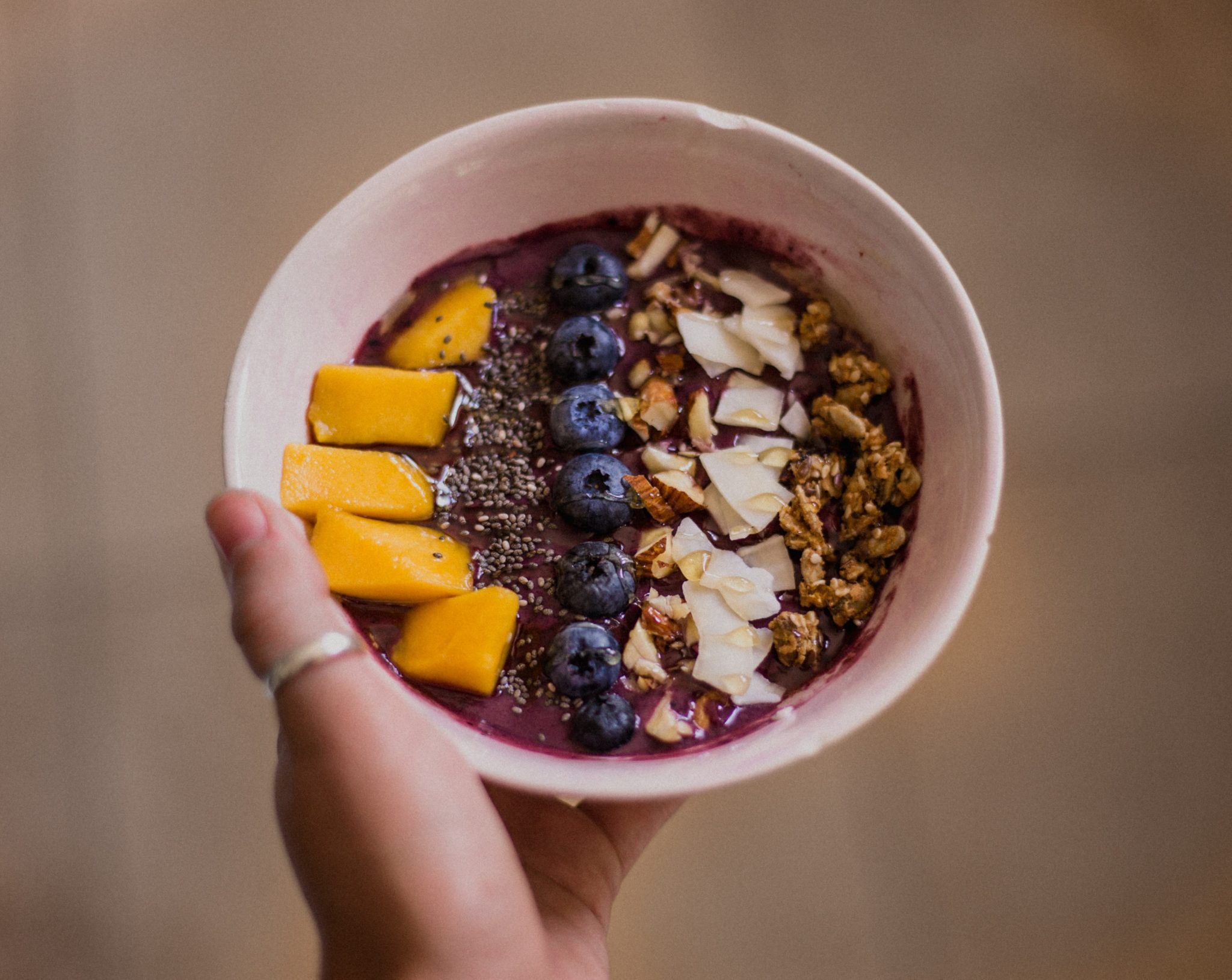
What to Take Away from All of This
If you’re on the right diet then it’ll be much harder for you to overeat. You won’t feel hungry and your body will use your stored fat for energy. You’ll also have more energy to exercise which helps burn off more fat stores. If you eat a diet high in fats, protein, and fiber and low in carbohydrates then it’ll be much easier for you to lose weight. You’ll feel full and have the energy you need to exercise.
Ready to say goodbye to unwanted fat?
It can be hard to get rid of stubborn fat. We can help schedule a complimentary consultation with Dr. Chang or one of the cosmetic laser and injection nurses to explore whether you would make a good candidate for body contouring. To find out more whether Aesthetica can help you, contact us online or at 703-729-5553 to arrange an appointment. Dr. Phillip Chang is a board-certified plastic surgeon in Northern Virginia near Leesburg, Virginia and an expert in a wide variety of cosmetic treatments.
Let Us Help You!
Our office can provide you will helpful information, schedule a free consultation, and answer any questions you might have about our other procedures.
Contact Dr. Chang's Office:
More Articles For You
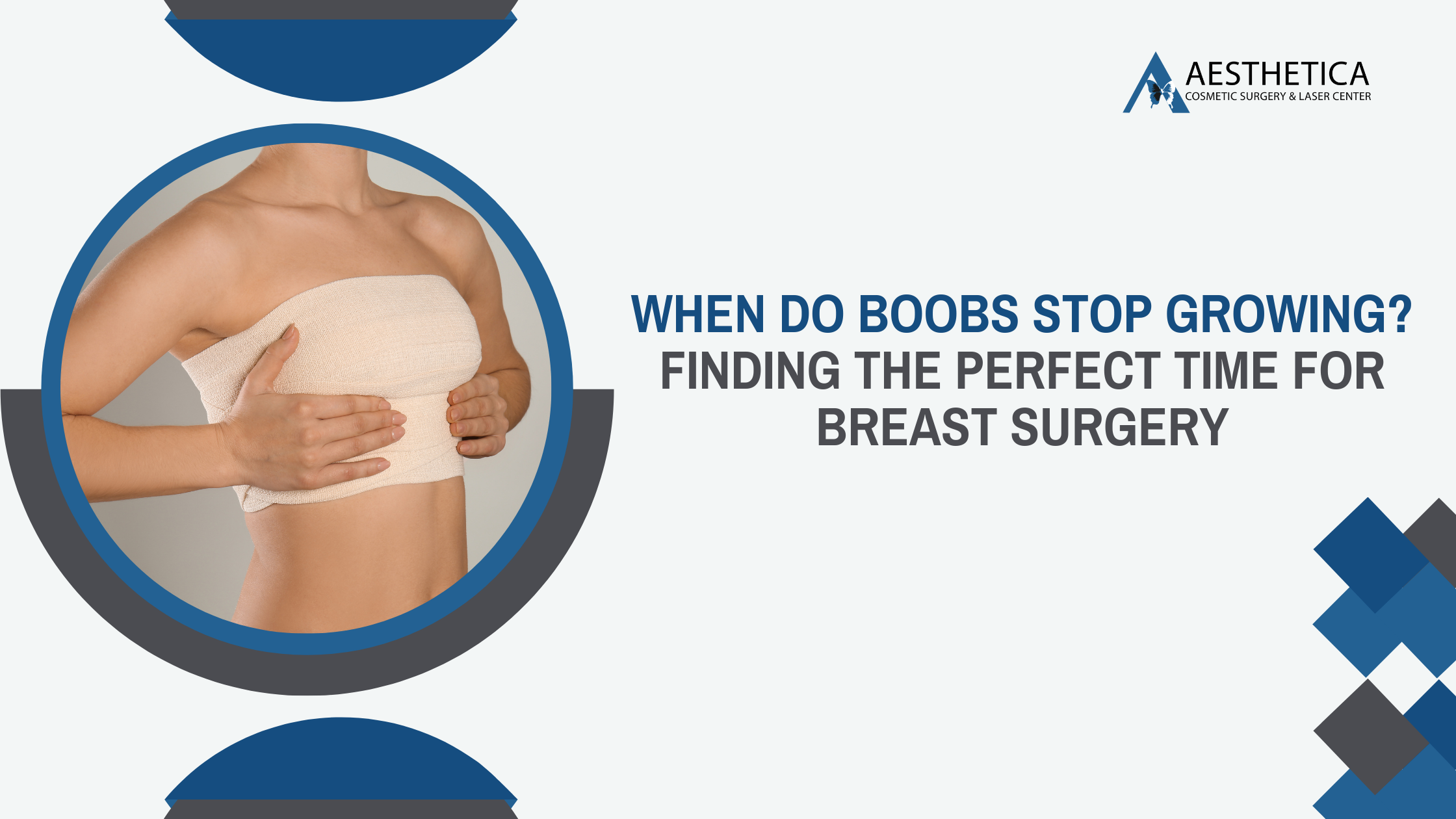
When Do Boobs Stop Growing? Finding the Perfect Time for Breast Surgery
Ever wondered when your boobs finally decide to take a break from growing? Or you’re
Are Silicone Injections in Buttocks Safe?
In today’s world, where the aesthetic appeal of one’s body can often feel as though
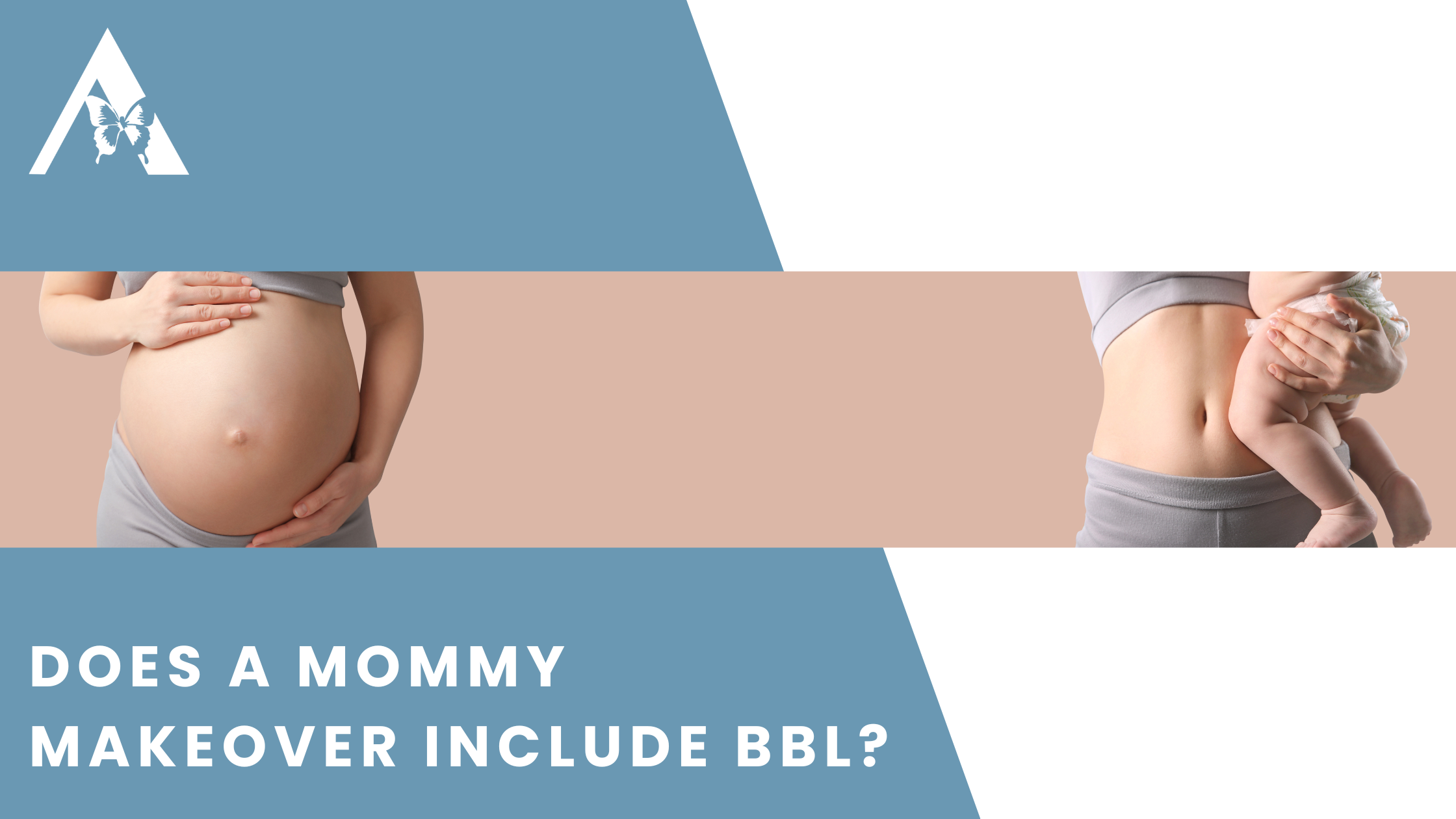
Does a Mommy Makeover Include BBL?
Many women look forward to the blessings of motherhood. Having a child is a very
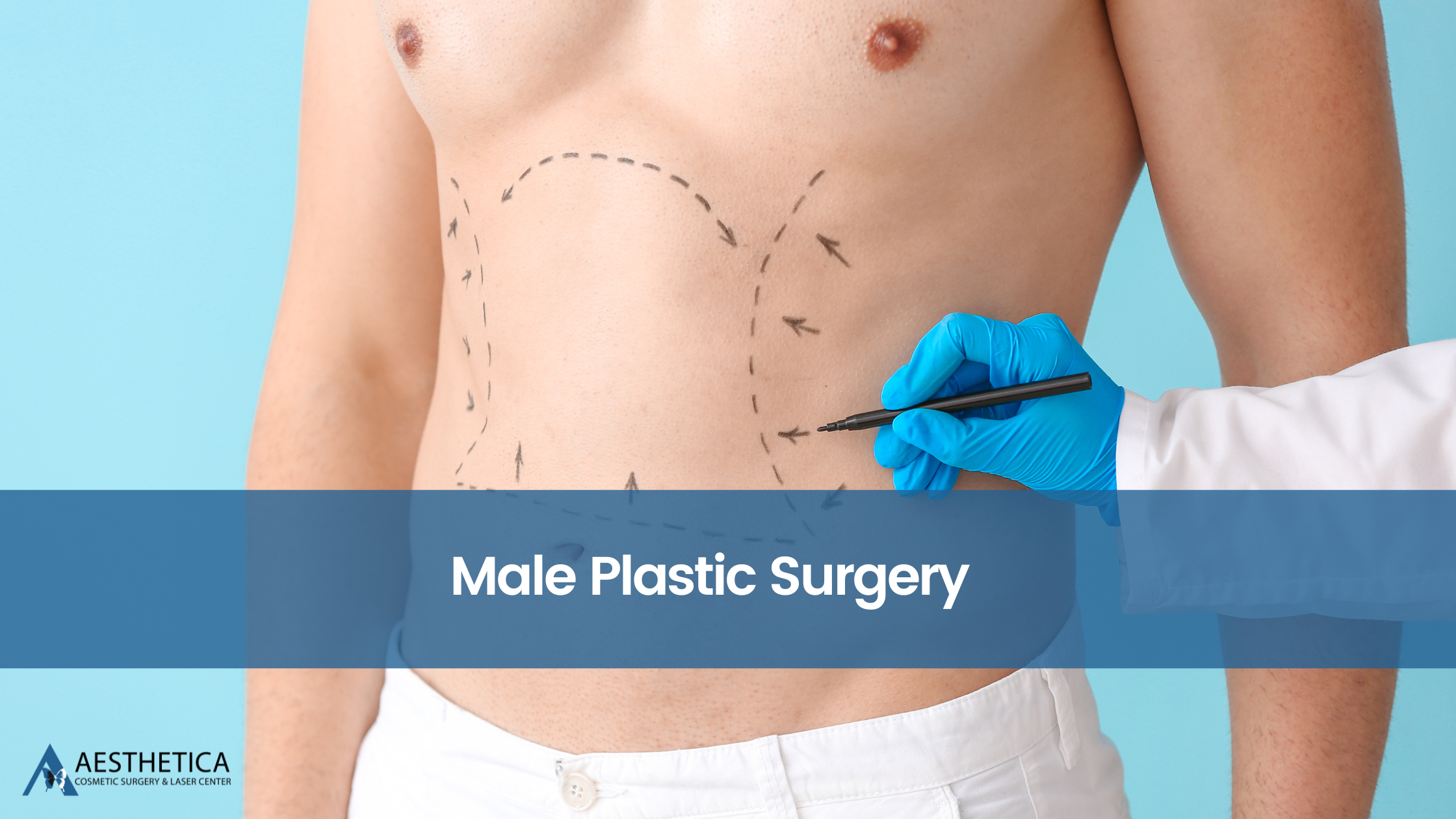
Male Plastic Surgery: Before and After
Women aren’t the only ones who want an aesthetically pleasing body. Men do too. And
